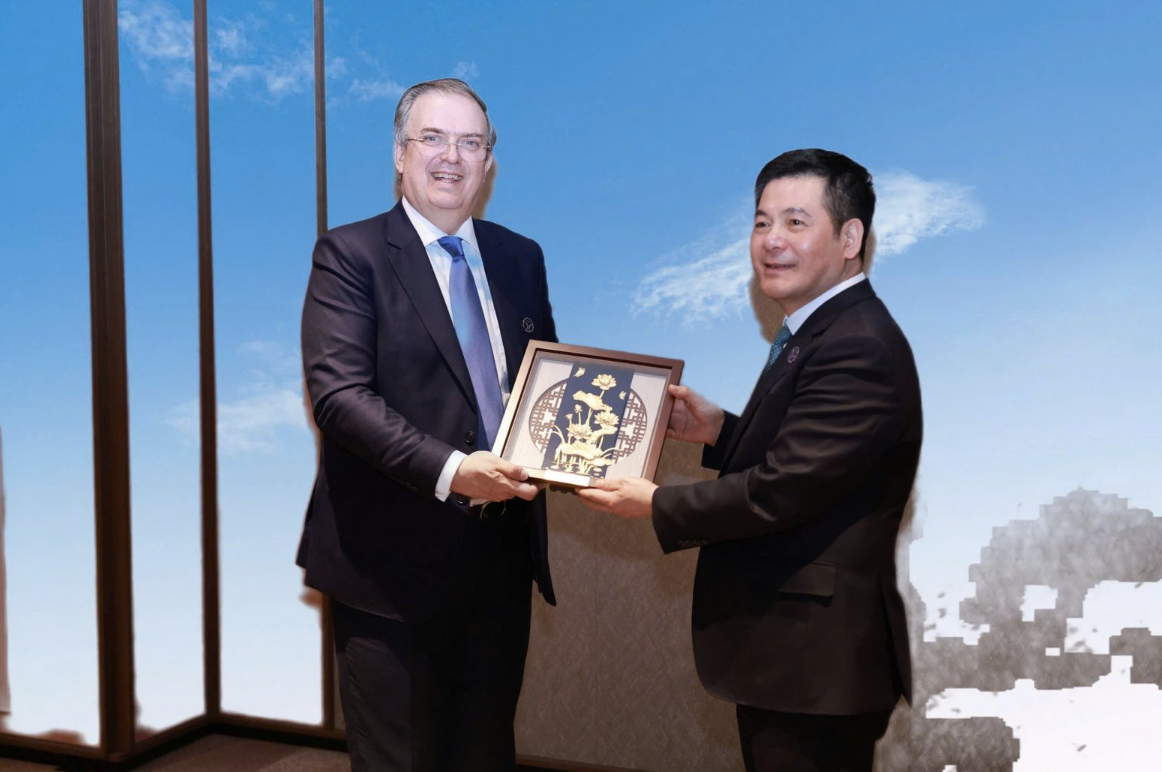
Vietnam, Mexico deepen economic cooperation
19:05 | 23/03/2025 20:28 | 30/10/2025Cooperation
Established in 2014 with a total investment of 36 million euros to date, the R&D center has since continuously expanded – today, some 125 engineers work there. It has become pivotal in Bosch’s global automotive strategy, nurturing local talent and making substantial contributions to the industry.
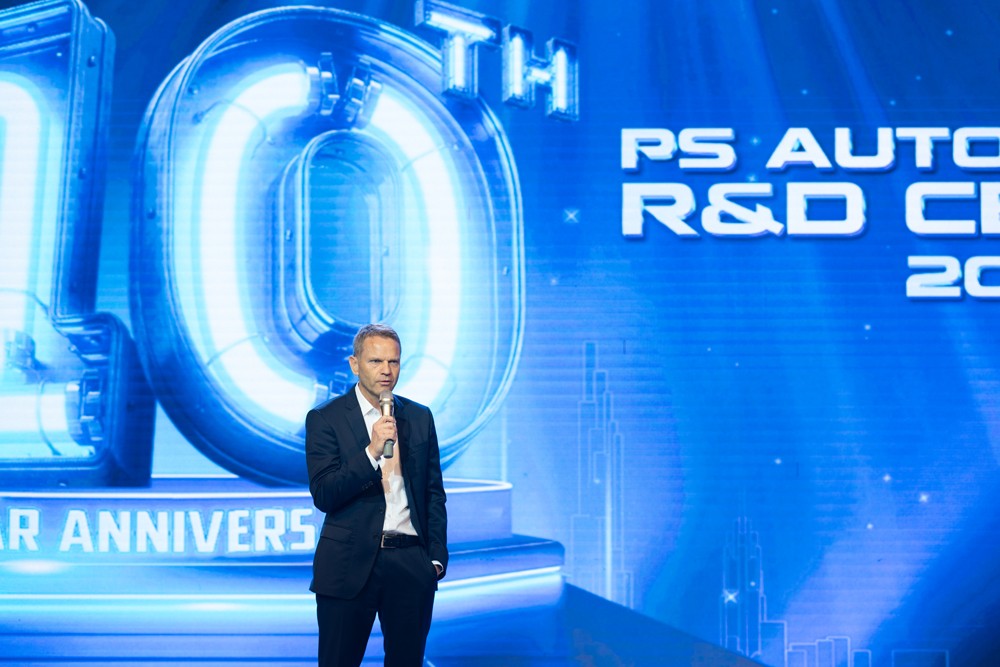
“The Bosch Automotive R&D center has contributed to the development of new mobility technologies. Our localization efforts enable us to support the expanding local automotive market, while our capabilities seamlessly integrate with Bosch's global network of expertise, innovation, and quality,” said Dr. Burkhard Michaelis, head of the Bosch Automotive R&D center. “Meeting customer expectations through customized and personalized solutions for both local and global markets has been the key to our success.”
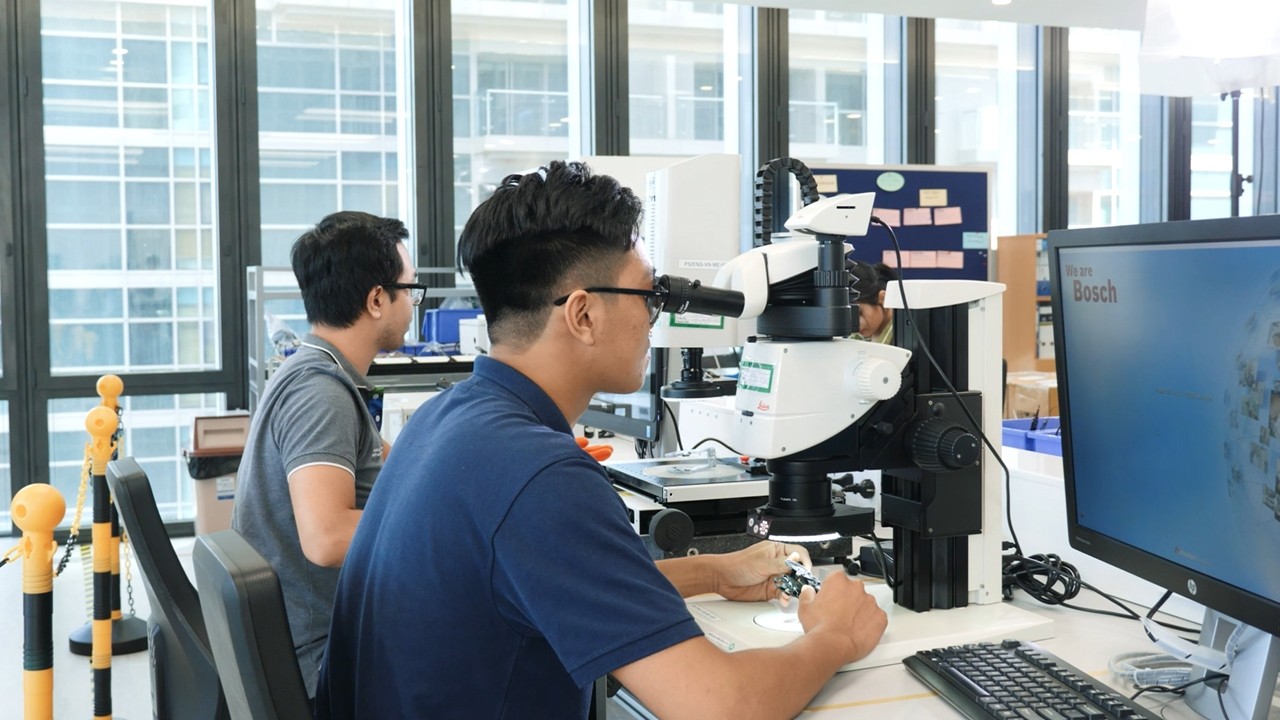
Initially focused on researching automotive technologies and developing the skills of the company’s workforce in Vietnam, the R&D center has expanded its scope to lead regional product development since 6 years back to include electrical connectors for active safety and engine management systems, pushbelts for continuous variable transmission (CVT), and fuel supply components for gasoline and diesel applications. Additionally, in keeping up with the adoption of electric vehicles (EVs), the center is increasingly developing components for electrified powertrains, supporting both battery-driven and fuel cell-driven technologies. The center is stepping up to work on future core vehicle solutions, including electrification, hydrogen, and more.
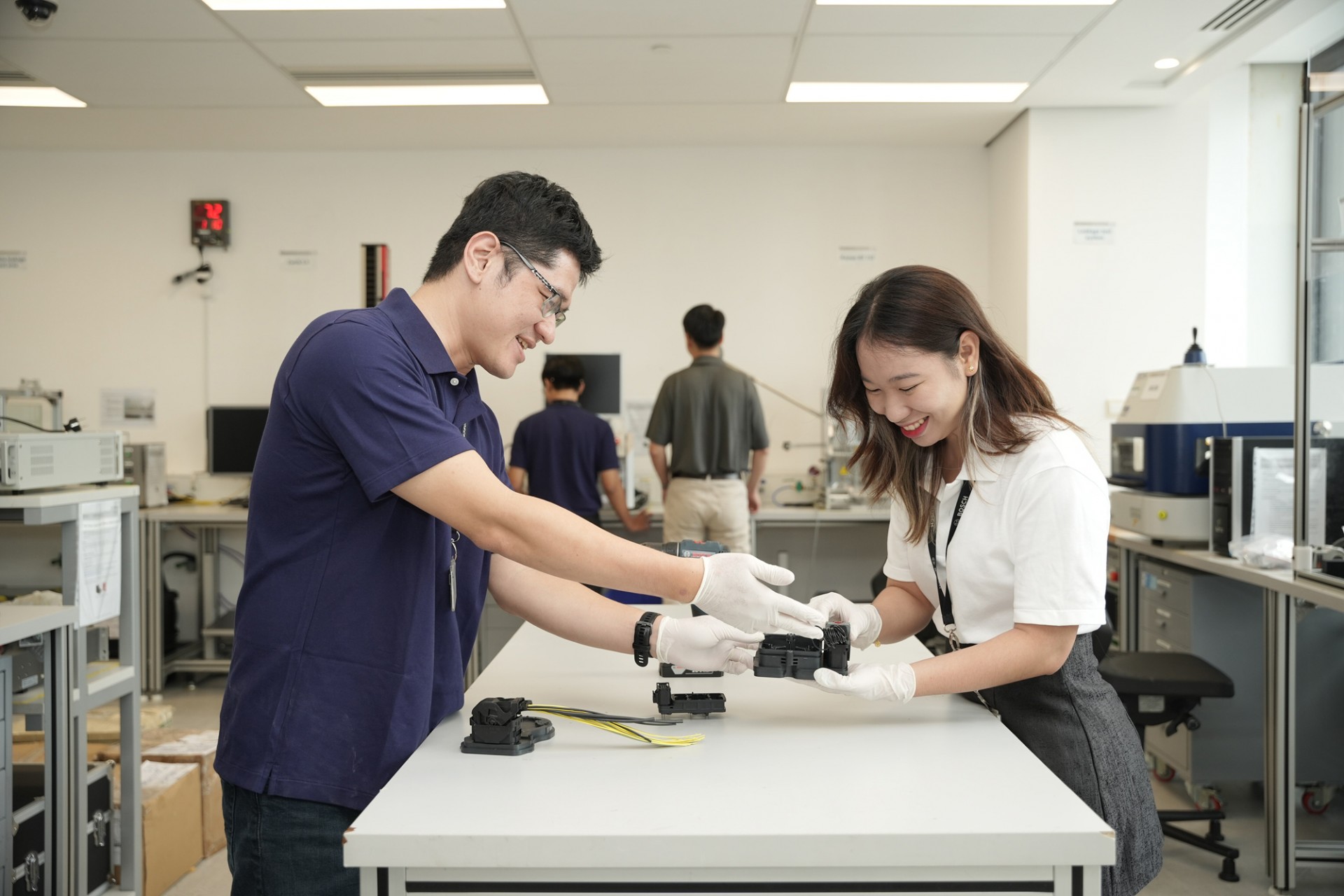
Further, units have been established in virtual engineering, AI, digitalization, and technical evaluation of legal requirements for Bosch’s global target markets. The R&D center offers virtual testing demonstrations for relevant business units, including internal combustion engine (ICE) and emerging technologies like electrification and hydrogen. Currently, AI is applicable across all business units. These units are integral to Bosch’s global development network, covering a broad range of automotive product portfolios.
Apart from driving technological advancements for two of Bosch’s automotive manufacturing plants in Vietnam and Thailand, the center has also started development collaborations with other similar Bosch locations in Asia Pacific, Europe, North and South America.
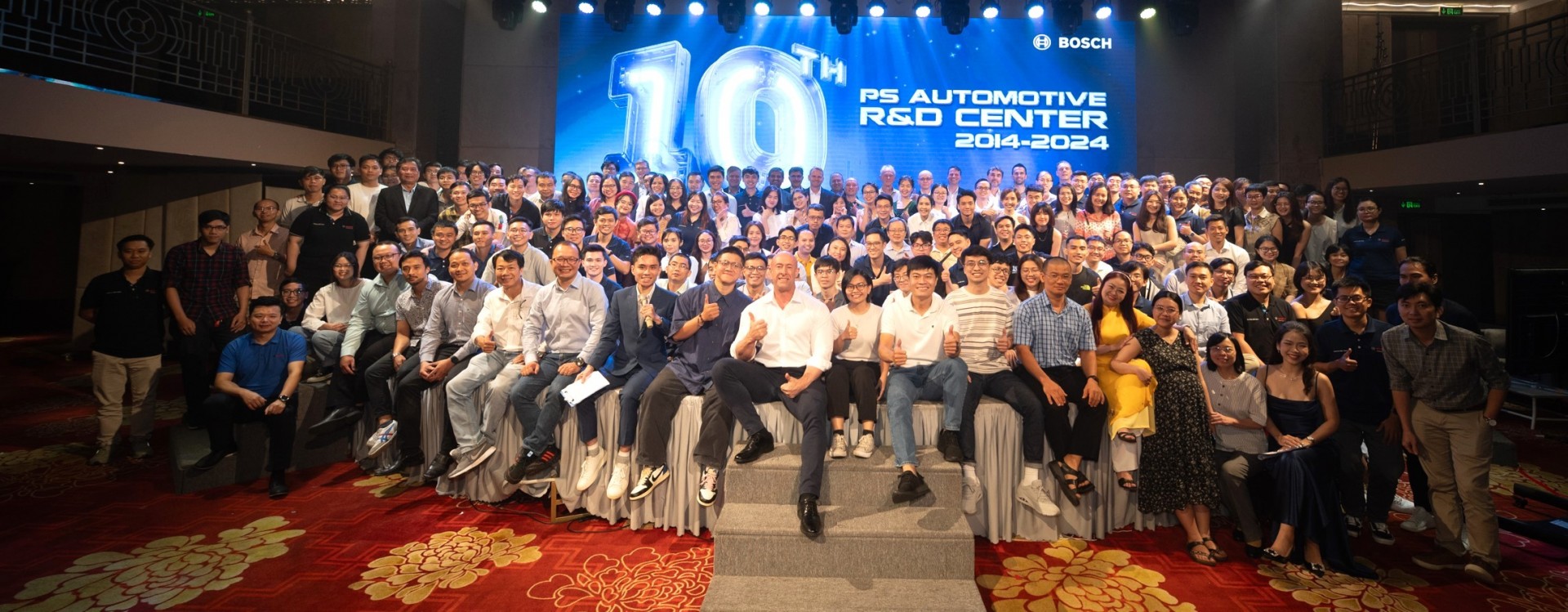
Bosch opened its first representative office in Vietnam in 1994. Over the past 30 years, Vietnam has grown to become one of Bosch’s largest operations in Southeast Asia, boasting over 6,251 employees engaged in manufacturing, R&D, sales, connected software, and services. As an essential part of Bosch's presence in Vietnam, the R&D Center remains dedicated to advancing automotive technology and the high-tech industry.
Bosch has been investing in human resources development in Vietnam right from the start of its operations. To develop a highly skilled workforce for high-tech areas, especially the automotive technologies and software solutions, Bosch Vietnam is working with key universities. Bosch Vietnam has established over 12 partnerships with local universities to provide educational opportunities.
Through strategic partnerships, Bosch in Vietnam, including the Bosch Automotive R&D Center, collaborates closely with universities on various initiatives, such as: Establishing the Bosch Automotive Lab at HCMC University of Technology and Bosch Transmission Lab at HCMC University of Technology and Education. These facilities aim to enrich students’ education with advanced equipment and diversified curricula. Moreover, experts from the Bosch Automotive R&D Center actively participate in technical training programs at these universities and organize joint technical competitions like the Bosch Future Mobility Challenge and Bosch Hackathons for young students. These collaborations expand educational horizons, stimulate innovation, and prepare future talents for the automotive industry.

19:05 | 23/03/2025 20:28 | 30/10/2025Cooperation
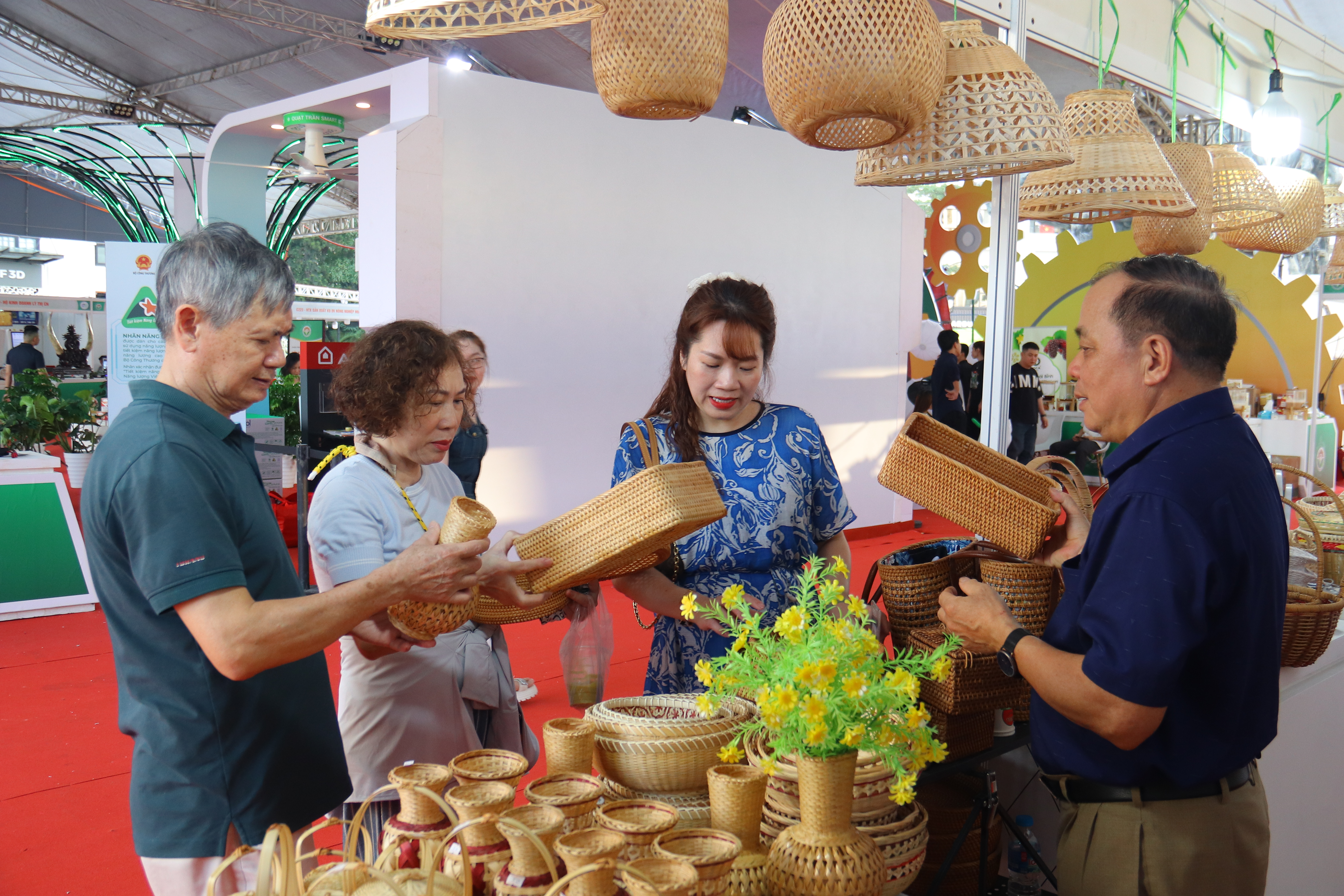
19:05 | 23/03/2025 20:25 | 30/10/2025Industry

19:05 | 23/03/2025 16:51 | 30/10/2025News and Events

19:05 | 23/03/2025 16:04 | 30/10/2025Finance-Banking
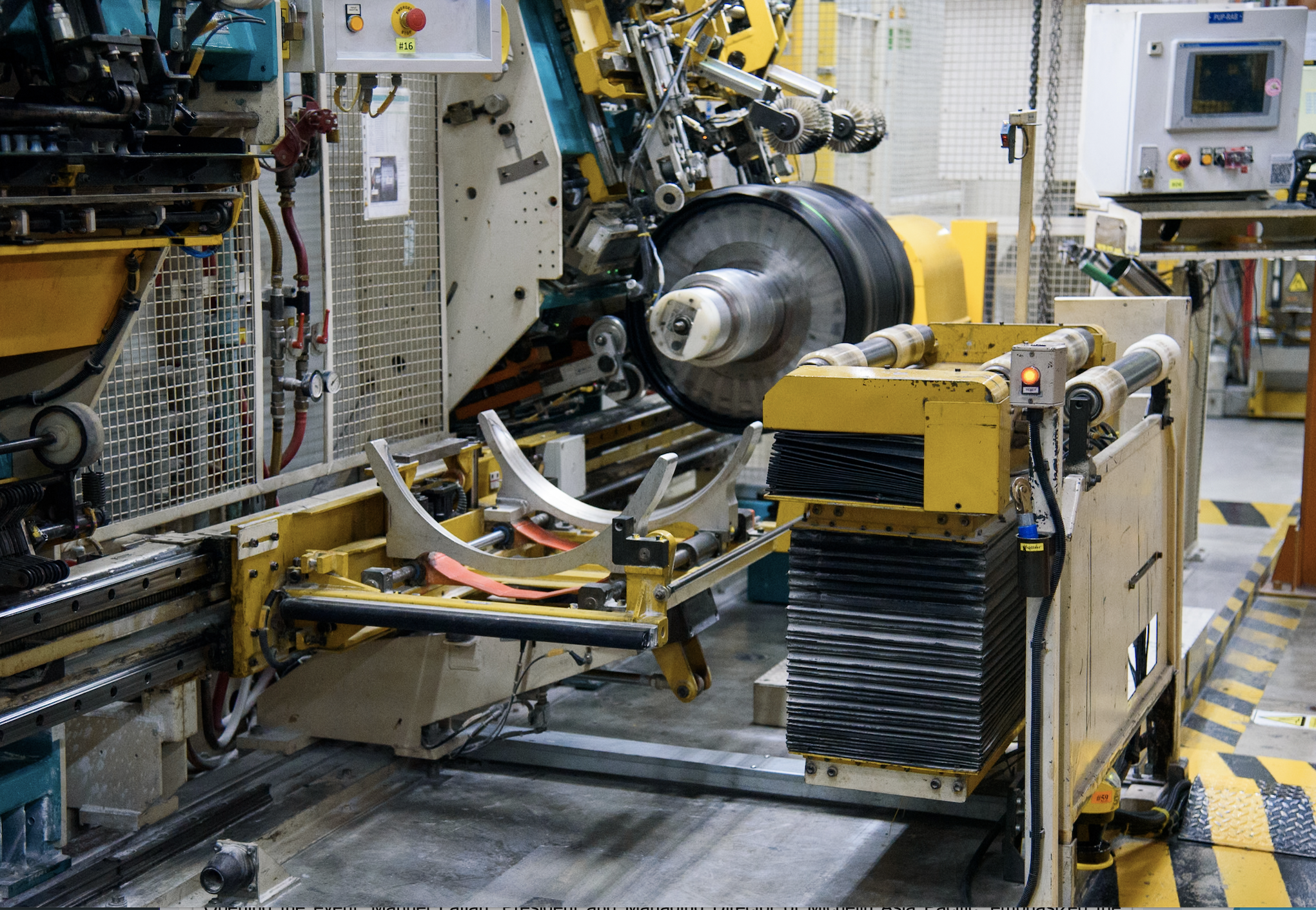
19:05 | 23/03/2025 11:51 | 30/10/2025Science - Technology